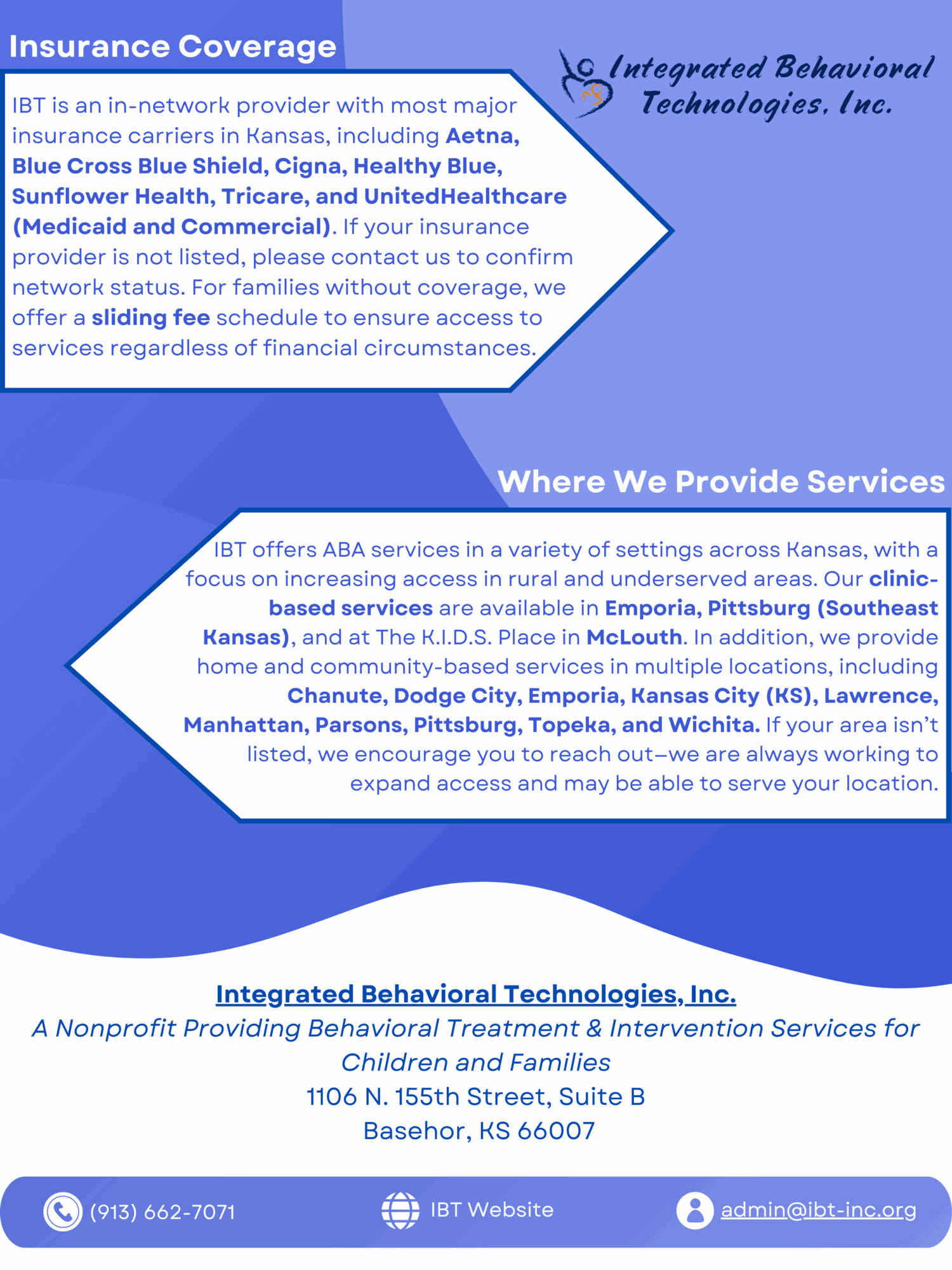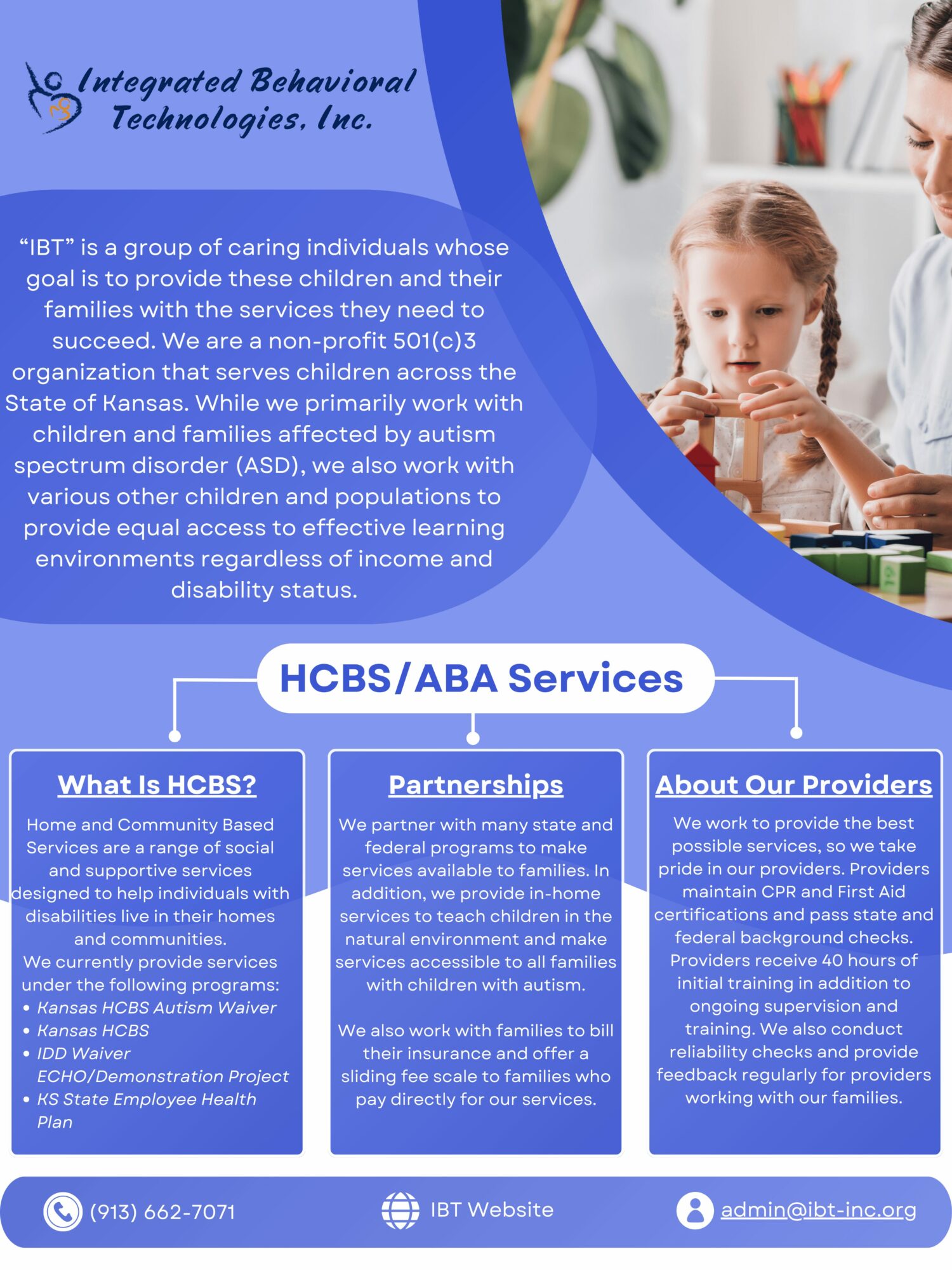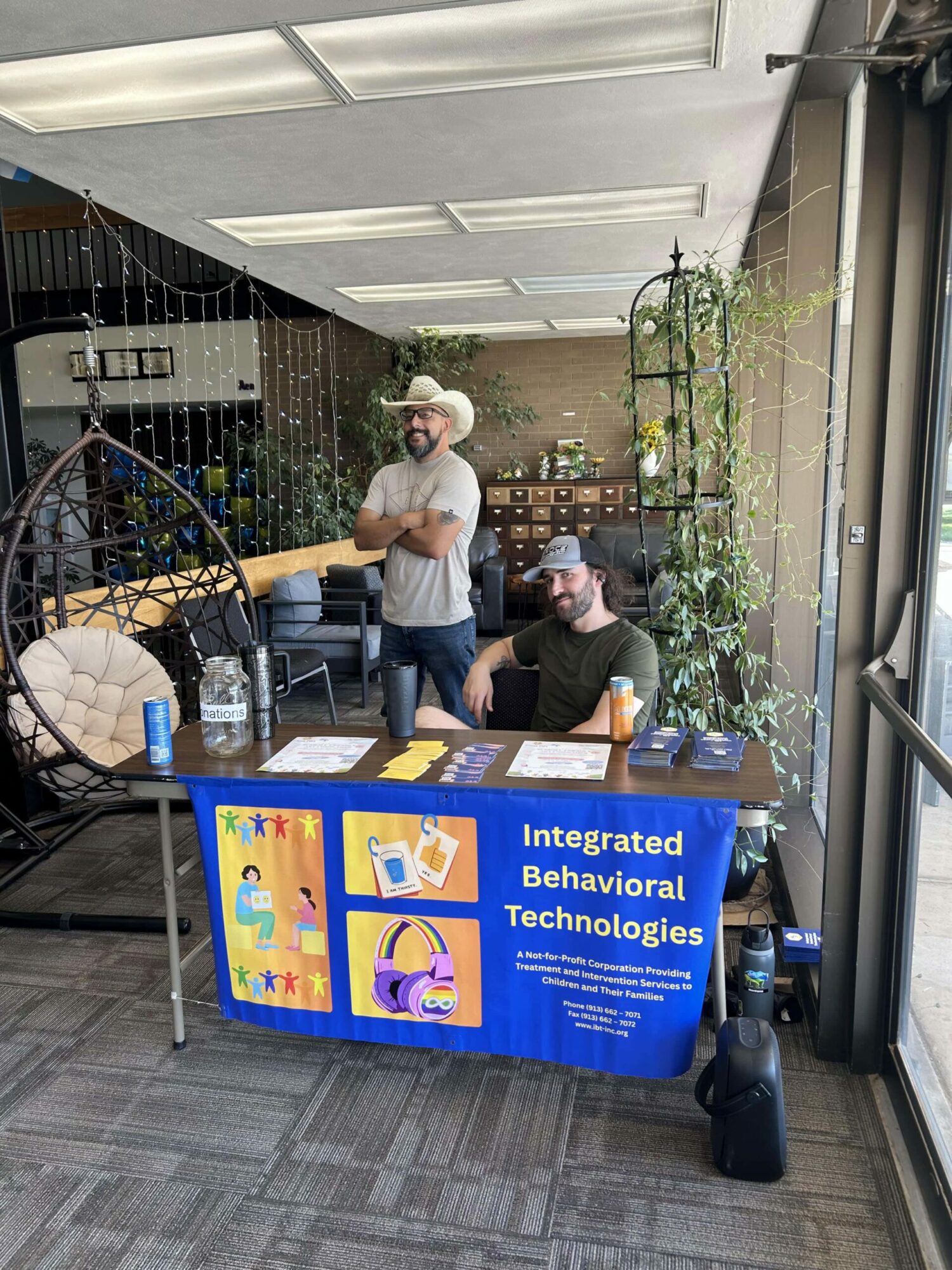

Today we’d like to introduce you to Linda Heitzman-Powell.
Hi Linda, thanks for sharing your story with us. To start, maybe you can tell our readers some of your backstory.
IBT’s origins go back 25 years. At that time, the founder of the company was working out in the field, working to address the needs of families with autistic children and those with challenging behaviors such as aggressive adolescents. At that time while the prevalence was higher than it was in the 1980’s (~1 per 1,000 children) at 1.9 per 1,000 (or .19%), autism was still considered a rare condition. There were limited services available and the ones that were, were often ineffective. Applied Behavior Analysis (ABA) was still emerging as an effective treatment but was expensive for families and not covered by insurance. In fact, autism treatment was written as an exclusion in most insurance companies. For example, you could have a child that was receiving speech services and the insurance would cover that. As soon as that child was diagnosed with autism, the insurance company would no longer even cover speech because at that time, delayed speech was considered a core characteristic of autism. It was heartbreaking. So, I like to say, “we were a rag-tag bunch of do-gooders out in the field trying to cobble services together from a variety of sources to get support for those families.” I was spending an inordinate amount of time trying to train supportive home care workers to implement the intervention strategies that I developed. So, along with a few of my colleagues we developed a hybrid training program where the providers would learn about evidence-based practices on line then come to a session for behavioral skills training where they were placed with a child with autism and practiced the skills under the guidance of a Board Certified Behavior Analyst (BCBA). That program was very effective at teaching those supportive home care workers the base skills they needed to be successful – turn-over decrease and the kids started making significant progress. Given the incredible need in the field, we started Integrated Behavioral Technologies, Inc., a non-profit organization whose mission was, and still is, to address the needs of families and children in the homes and communities within which they live, decreasing the need for institutionalization and expanding their futures so they can experience a quality life and live as independently as possible.
Along the way I met a father who had a son with autism who was trying to get an appropriate Individualized Education Program (IEP) in place for his son. We decided to also start the Kansas City Autism Training Center (KcATC) as a center-based program for children with autism in the Kansas City Metro area. Both IBT and KcATC are still active in the community today, bringing effective treatment to children and support to their families.
Today, IBT services over 90 children in over 20 counties across the state. We currently have 26 Masters level BCBA’s or Autism Specialists and 78 behavior technicians serving these children and families! In an effort to expand diagnostic services to rural Kansans our team of 8 Psychology staff have begun mobile assessment clinics and have conducted over 100 psychological assessments in 2025.
I’m sure it wasn’t obstacle-free, but would you say the journey has been fairly smooth so far?
Not at all (not a smooth road). Remember, insurance did NOT cover treatment. So, I was providing psychology services to the families and billing for psychology services while cobbling in support from a Kansas Medicaid Waiver (Intellectual and Developmental Disabilities) for the direct service providers. This means there was relatively little funds coming into the organization to support much of anything. I absorbed those costs myself and continued to work without a paycheck. As a behavior analyst I documented all my treatment plan changes, collected data and graphed all the data to document progress. Since these were home and community-based services, I was careful to NOT put clients names on paperwork (confidentiality) and only use provider and parents’ first names. I was audited by the Kansas State Medicaid plan and they asked me to send in my progress notes. I sent them my graphs, team meeting notes, and programs. They replied that those details did not meet the State requirements for sufficient session documentation and I had to pay the sate back $40,000 – in 2008 dollars, that was almost the annual budget! I appealed it and went to meet with the State Attorney General with my wheelie-cart full of boxes of datasheets and graphs, etc. I wheeled those into his office. He looked at the mountain of paperwork and then looked at me and said, “Dr. Heitzman-Powell – I have to doubt that you were with these families and children and that you have made a significant impact on their lives. However, according to the Medicaid documentation requirements you need to have first name, last name, time-in/time-out (with am/pm), etc. on each note. You still owe the State $40,000.” – However, they were really very, very nice about it – I was able to work out a plan where they took it back verrrrrrrrrrrryyyyyyyyy slowly so it did not cause IBT to go under financially. To this day, as I am training others to implement evidence-based strategies with clients I always tell this story – as behavior analysts we are not trained in appropriate documentation requirements for insurance billing, so I feel it is my responsibility to educate others to prevent them from experiencing the same thing I did.
I met another father who was trying to work through the legislature to get insurance companies to cover treatment. We banded together on an odyssey of advocacy, working with the legislators, testifying, working with the State to develop an early autism waiver (Medicaid funding) and advocating whenever we could to bring some relief to families. We were able to work with the State and in 2008 the Early Autism Waiver was launched, bringing relief to a handful of families – it was like winning the lottery for those families – like Willie Wonka’s golden ticket – Unfortunately it was (and remains) a small waiver program with only 65 slots available – however it DOES offer families the opportunity for respite, parent support and training, and access to the State Medicaid plan where they have access to intensive, evidence-based treatment for their child(ren) regardless of their income. Remember the training program I said we developed early on? That training was picked up by the State to train service providers around the State in evidence-based practices.
Concurrent with the development and initiation of the autism waiver, With the help of some key legislators we were able to pass the Autism Insurance Mandate State Employee Health Plan Pilot Program which mandated that any state employee now had access to autism intervention benefits. After a successful pilot, it expanded to private group insurances.
A lot of driving, a lot of advocacy, quite a few bumps in the road, but we were successful! I was audited one year by the IRS for the amount of miles I had claimed on my taxes – I went into that appointment and said, “See these wrinkles on the left side of my face? Notice I don’t have them on the right side of my face….” there was a brief pause and then we both broke out laughing – I did end up owing about $100 (lack of concrete documentation) but learned some things and have been ok ever since.
Alright, so let’s switch gears a bit and talk business. What should we know about your work?
We are a non-profit that I found in 2001. I, Linda Heitzman-Powell, Ph.D., am a BCBA-D, Licensed Psychologist, and professor at the University of Kansas Medical Center. I have worked for the last 25 years with children with behavioral challenges, specializing over the last 12 years with children with Autism and other developmental disabilities. In addition, I have been an advocate for children and families affected by autism in the State of Kansas through direct service, training, research, and her significant involvement with legislation related to the Kansas Autism Waiver and Kansas Autism Insurance Mandates (HB 2744 & HB 2367).
Since its inception, IBT has grown from a handful providers and me providing a few families with direct ABA consultation and programming to a company that employs over 100 clinical staff across the entire State of Kansas.
Where we are in life is often partly because of others. Who/what else deserves credit for how your story turned out?
There are many, many folks that deserve the credit – colleagues that have helped, volunteer members of the board, families who advocated side-by-side willing to share their stories, staff who have stay on through the thick/the thin/and the ugly, legislators who understood the importance of what was needed and helped get legislation passed – the saying “it takes a community….” is absolutely true – none of this would have happened if we did not have a community surrounding us.
Note about pricing below:
We accept Kansas and Missouri Medicaid and all other major insurance companies. For those without insurance or non-qualifying insurance, they have the option of private pay (we then have a sliding fee scale). While we need to make enough money to cover costs, making a profit has never been about what we do – it really is about finding ways to support families and working to give parents the tools they need and the children the skills they need so the sky is the limit for them, no matter what that is, just like it is for everyone else
Contact Info:
- Website: https://ibt-inc.org
- Instagram: ibt.ks
- Facebook: https://www.facebook.com/integratedbehavioraltechnologies
- Youtube: https://www.youtube.com/channel/UCJaqgYxkZ7RgpyeHcBFIReQ
















